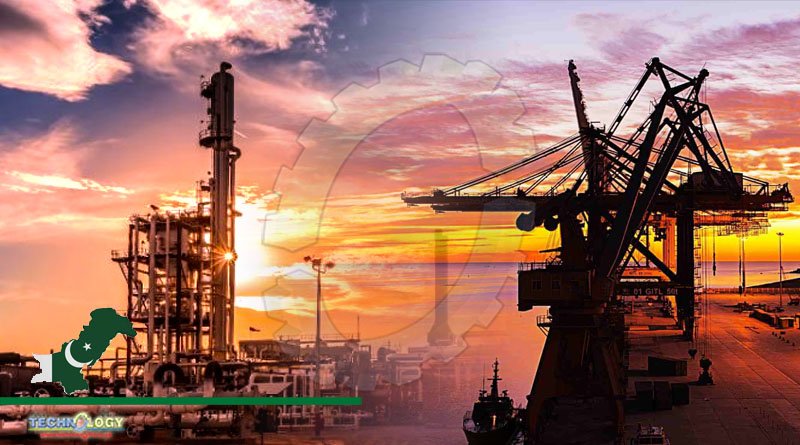“First phase of the Gwadar Free Zone is already operational, while the massive second phase spanning over 2200 acres is under construction”, said chairman SEZA.

S. M. Naveed, Chairman Special Economic Zones Authority (SEZA), during a meeting on Monday at his office, stated that Pakistan is currently developing five of the nine SEZs nominated under CPEC, including Allama Iqbal Industrial City in Faisalabad, Punjab, Dhabeji SEZ in Sindh, Rashakai SEZ in Khyber Pakhtunkhwa, and Boston SEZ in Balochistan. Another fast-track SEZ in Gwadar is the Gwadar Free Zone, which is also under construction
He added that the first phase of the Gwadar Free Zone, covering an area of 60 acres, is already operational, while the massive second phase, spanning over 2200 acres, is under construction.
Both the Pakistani and Chinese governments reviewed progress on Special Economic Zones; they shared the belief that SEZs would help boost economic activity in the country, create job opportunities, and earn foreign exchange.
S. M. Naveed went on to say that numerous Chinese company representatives had visited Pakistan to discuss outstanding issues and had been assured that all issues on the way to making these projects a success would be resolved on a priority basis. Pakistan is interested in relocating Chinese industries to CPEC SEZs in order to benefit from the companies’ expertise.
Textile, information technology, agriculture, science and technology, and mining sectors are among the key areas in which Pakistan seeks foreign direct investment to boost exports and substitute imports. The upcoming CPEC projects would primarily be in these sectors, which would serve as a dual-beneficial tool by reducing imports while increasing exports.
S. M. Naveed, Chairman SEZs, stated that all notified SEZs in the country account for approximately 10,029.64 acres of industrial land, of which 5,220.62 acres (52%) have been allotted to investors for the establishment of industries with planned investments of Rs 633.9 billion, of which 43.6% is FDI (USD 1.73 billion).
He went on to say that he believes the China-Pakistan Economic Corridor is a once-in-a-lifetime opportunity for Pakistan to boost its economy and overcome the country’s deepening economic recession. Since the country is facing a trade deficit, depleting reserves, a declining rupee value, and a variety of other challenges, this initiative has the potential to turn things around and lead to economic stability.
